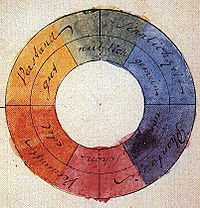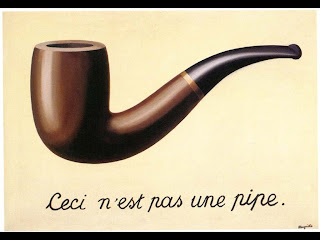Asthma, Breathing
W h a t ' s Y o u r P o i s o n ? I have asthma. Sorry, past tense. I had asthma. For years as a kid I struggled with shortness of breath in certain conditions, such as cold, dry air, and exercise. My dad had always suffered from asthma, and carried a 'puffer' like the one in the picture above around with him at all times, puffing several times an hour. So eventually a GP diagnosed asthma, and I got puffers of my own. Not just a reliever like the Ventolin inhaler above, but also a preventative puffer in a very fetching cream and dark brown, full of juicy steroids to gradually reduce the twitchiness of my airways. These all worked. They never got rid of the asthma, but they managed it well. But then out of the blue I developed heart arrhythmias. Also something my dad had. This ended up in surgery to correct aberrant pathways in the elctrical parts of my heart, which worked for about 5 years. Then I got another arrhythmia. This time the doctor said I'd need to be on li...





